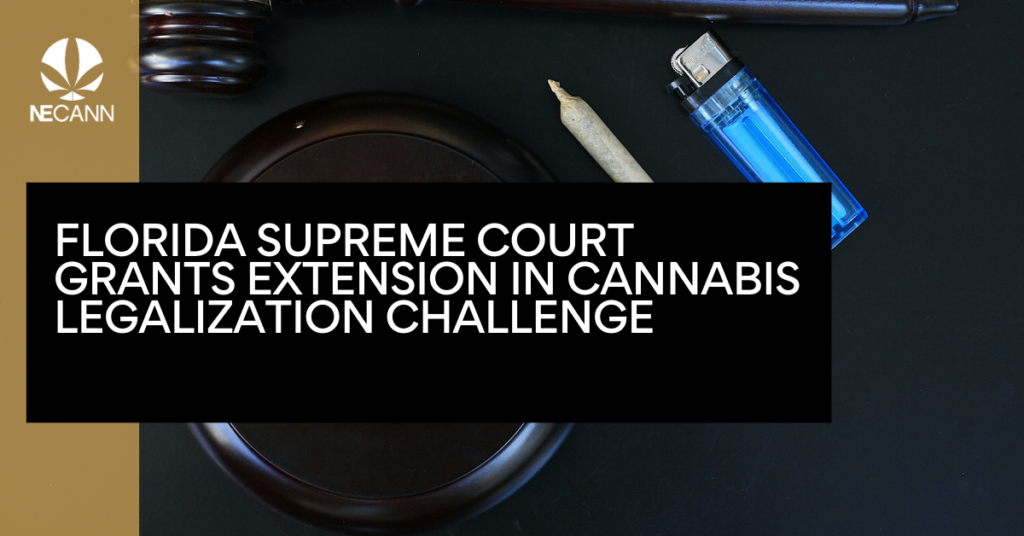The Florida Supreme Court has allowed state Attorney General Ashley Moody additional time to challenge a proposed ballot initiative seeking to legalize cannabis in the state. As the legal battle unfolds, the American Civil Liberties Union (ACLU) has also weighed in, raising concerns about the court’s handling of citizen initiatives.
The ACLU filed a brief with the Supreme Court, referring to their handling of ballot initiatives as an “acrobatic exercise.” The organization points out that in the past five years, the court struck down four out of nine citizen initiatives it reviewed, and declined to review one. This contrasts with the five years prior when the court struck down none of the seven citizen initiatives it reviewed.
Constitutional attorney Will Cooper emphasized the ACLU’s argument, stating that the court has a history of striking down such initiatives. Cooper urged the Supreme Court to respect the people’s right to voice their opinions and avoid impeding citizen initiatives.
Attorney General Ashley Moody was granted an extension until August 2 to submit her arguments against the proposed cannabis legalization initiative. She cited the ACLU’s brief as part of the reason for seeking the extension, as she has limited time to respond to the arguments presented in the brief.
“Smart & Safe Florida,” the organization behind the initiative, opposed the initially requested seven-day extension but accepted a two-day delay. The Supreme Court ultimately granted the full extension but signaled that further requests for more time might not be approved.
If the Florida Supreme Court approves the ballot measure or does not issue a ruling by April 1, 2024, the cannabis legalization proposal will likely appear on the 2024 General Election ballots. For the measure to pass, it must garner support from at least 60% of voters as a proposed constitutional amendment.
As the legal proceedings unfold, the outcome of this challenge will significantly impact the future of cannabis legalization in Florida.



